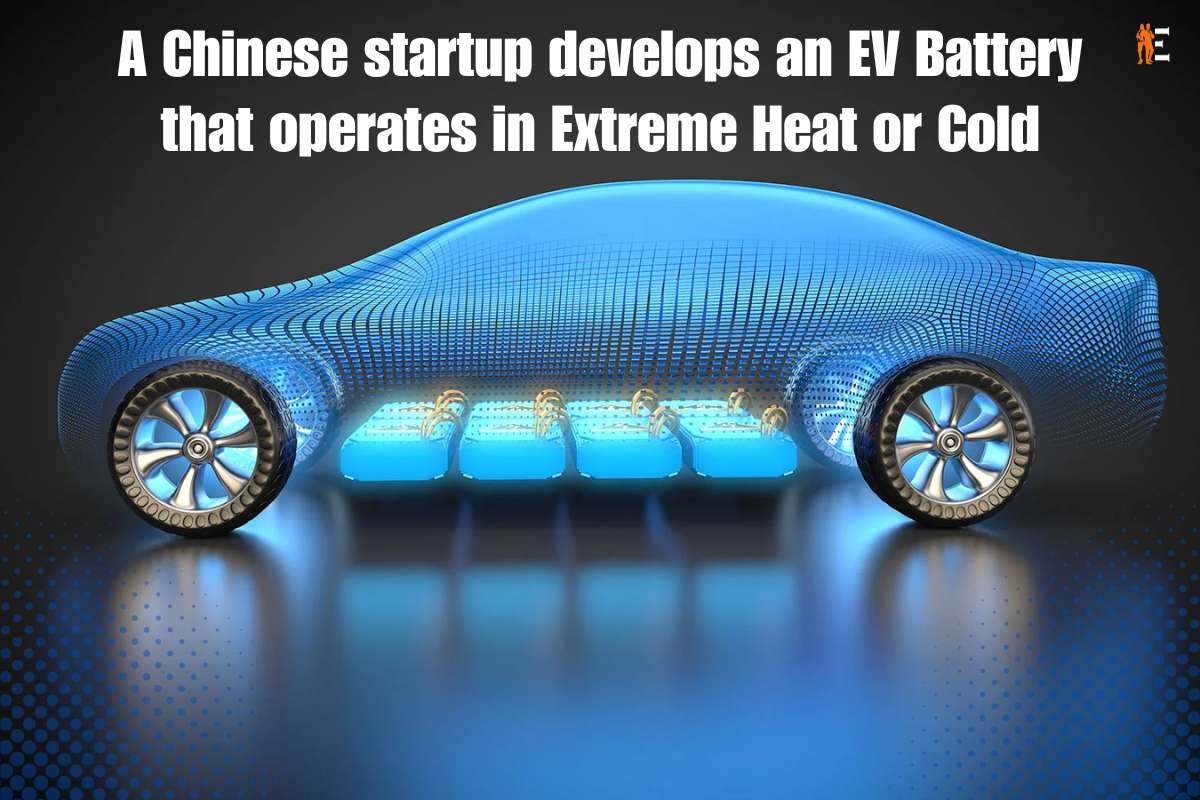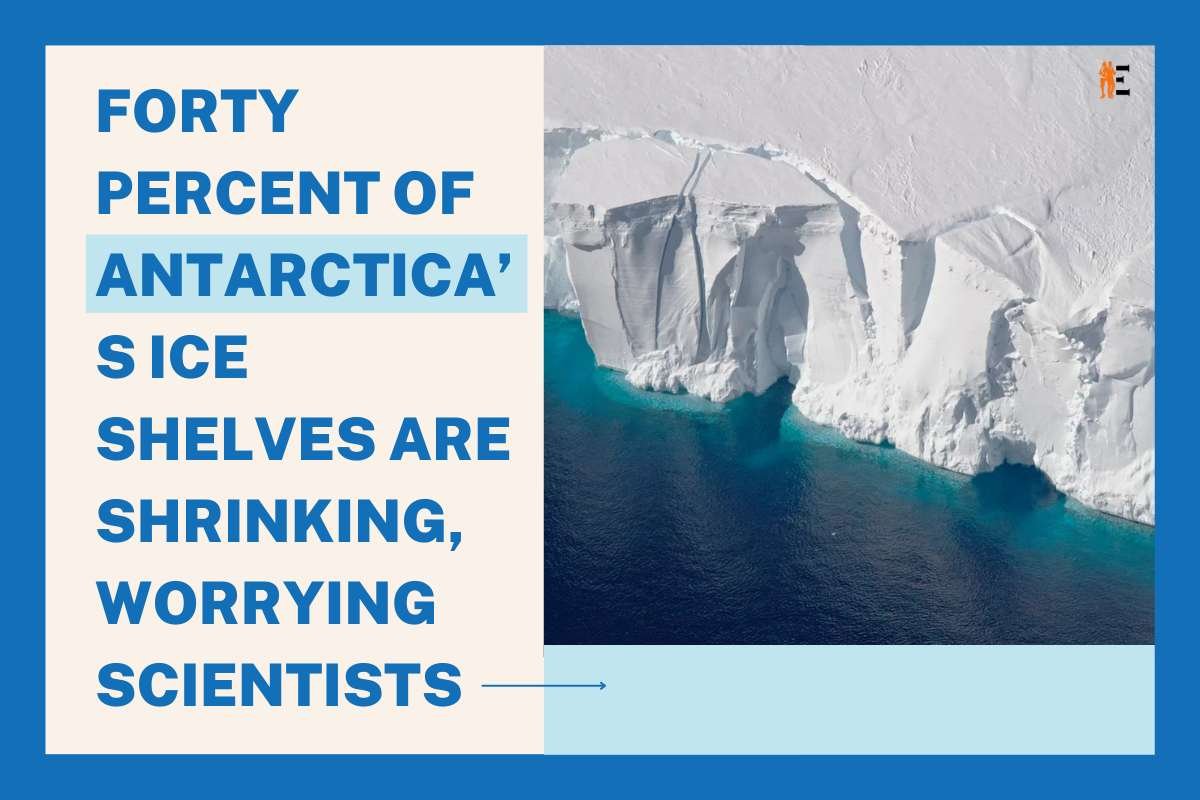According to a Chinese startup, thermal management for automobile batteries has advanced to the point where they can perform effectively in both high and low temperatures, The Greater Bay is now touting a new cell it calls the Phoenix EV battery – promising a range of 1,000 km (621 mi) on a single charge.
The ‘Phoenix’ Battery Cell
Greater Bay techniques is the company, and its “Phoenix” battery cell uses superconducting components to enable innovative heat management techniques. According to Bloomberg, this enables it to warm a cell from -4 °F to 77 °F (-20 °C to 25 °C) in as little as five minutes, enabling it to charge and discharge more effectively.
The company’s co-founder and chairman, Huang Xiangdong, stated, “We all know the range of EV Battery is greatly affected in cold regions, making it a terrible user experience.” “The Phoenix battery not only addresses other pain issues, but also the lengthy EV Battery charging time. The Phoenix battery’s range is unaffected by the weather, whether it is hot or cold.”
Electric vehicle batteries, as has been extensively reported, function best at very mild conditions. Although it varies from car to vehicle, driving range on some EVs can be reduced by as much as 30% during cold winter temperatures of 20 °F to 30 °F (-7 °C to -1 °C). Greater Bay Technology aims to totally eliminate such range loss.
China’s Growing Global Dominance In Electric Vehicles & EV Battery Production | Global EV Markets
Launch date yet to be confirmed
The Phoenix battery cell will unfortunately need some time before it is ready to start supplying electricity to automobiles. According to the firm, it will be included in next cars from Guangzhou Automobile Group Co. (GAC)-owned Aion. But it also says that it will power cars made by other automakers. The Phoenix cell will enable vehicles to go up to 621 miles (1,000 km) on a single charge.
In 2020, the business was separated from GAC. Since then, it has grown to be what financiers call a “unicorn,” or a startup with a worth greater than $1 billion. Its first-generation battery technology, which aspires to recharge as quickly as a petrol tank fills, is largely to blame for this.











